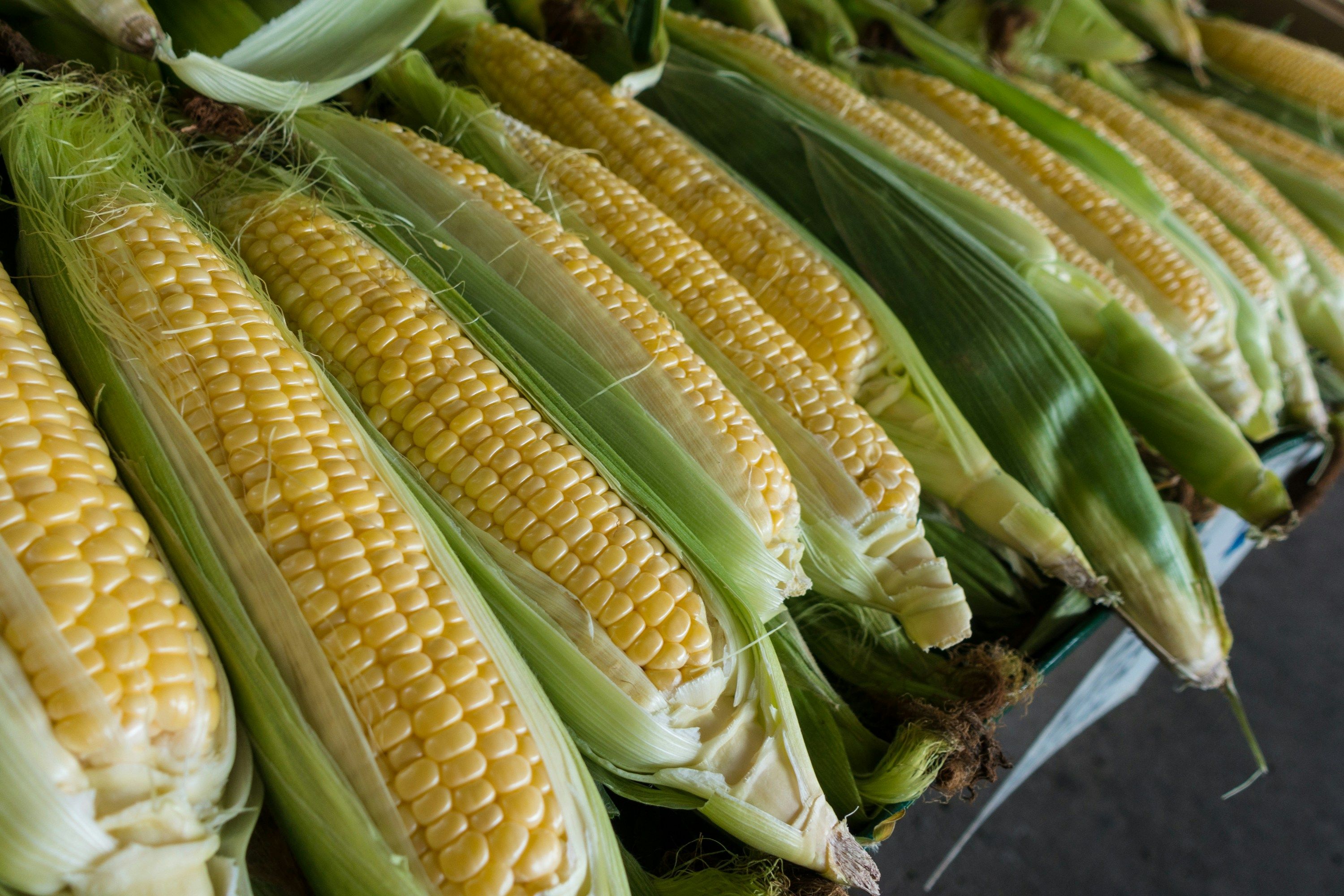It's no longer rice: Salceda blames new crop for July inflation rate hike
At A Glance
- Albay 2nd district Rep Joey Salceda has always blamed rice prices for past instances of quickened inflation; that's not the case anymore.
 (Unsplash)
(Unsplash)
Albay 2nd district Rep Joey Salceda has always blamed rice prices for past instances of quickened inflation; that's not the case anymore.
"It’s no longer rice, rice, rice. It’s corn," the economist-solon said in a statement Tuesday, Aug. 6 as he reacted to July's inflation rate of 4.4 percent. This is a significant jump from the 3.7 percent rate recorded in June.
"There is an emerging food issue to deal with: Corn. There is momentum in the corn price...At 5.8 percent month-on-month inflation, corn prices are a cause for attention," Salceda said.
"[Department of Agriculture] Secretary [Francisco] Tiu-Laurel already mentioned that the DA is monitoring the situation as early as April, and I believe efforts are underway to address the issue," said the chairman of the House Committee on Ways and Means.
As for rice price woes, Salceda said they've "mostly abated".
"While rice prices remain elevated year-on-year, month-on-month, prices are actually declining slightly. I expect this trend to continue as more stocks arrive from India and Vietnam," he said.
Salceda says the high price of local corn has a wider implication on the poultry sector.
"The problem with corn is that while global trading prices are generally lower year-on-year, our domestic livestock, poultry, and dairy sector cannot rely on imported corn. Imported corn significantly diminishes in nutritive quality when shipped. Of course, prices pressures could ease with upholding the minimum access volume system for corn, but that’s no structural solution," he noted.
"As a result, I’ve been seeing some increase in the price of poultry, but based on our monitoring of the situation, the price situation in that sector should ease by the time the August report is released – prices are down in August by as much as 12% from their July peak," Salceda explained.
"Other than corn, the only other real issue is with electricity prices--but that’s a seasonal matter that I expect to moderate by the next few months," he further said.